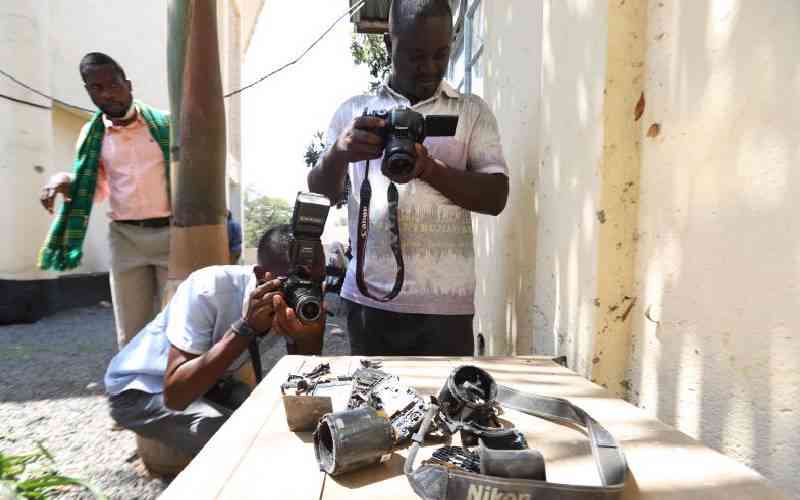×
The Standard e-Paper
Join Thousands Daily

He was on his knees, screaming and pleading for mercy. His eyes were covered in blood from deep cuts on his forehead. He raised his hands in the air, beseeching them to spare his life. "Please don't kill me. Please have mercy on me. I have a pregnant wife and small children." They just stood there coldly looking at him like vampires.